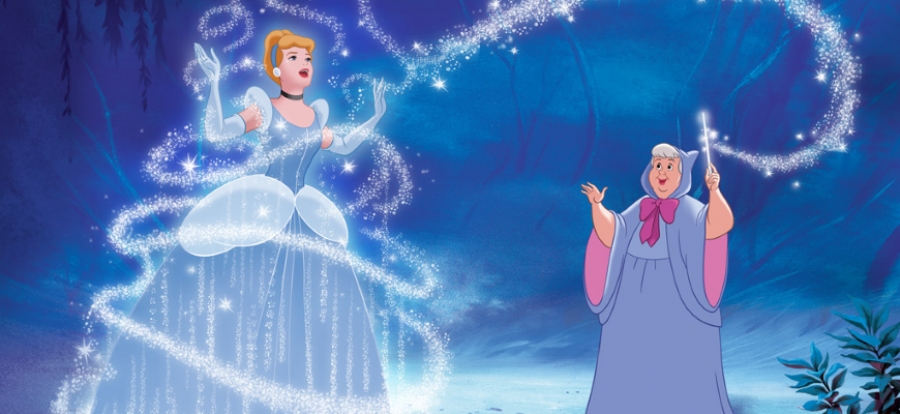Bitter experience has shown that, all too often, sound is the last element to be considered in a typical school production.
In some cases this is simply a result of limited technical resources, but in others it’s due to a lack of understanding of the importance that sound can play in any production.
The advent of software systems running on laptop computers and iPads has made the days of the CD player a thing of the past. Now every school can have at its fingertips the kind of power and capabilities that, until a few years ago, were only available to West End productions.
In this series of articles I am going to discuss the importance of sound in enhancing a production and how its creation is not only fun, but can also teach pupils to be aware of the world around them in whole new ways.
Let's start with the technology; most schools will have some way of playing back music, be it a CD player or even a cassette machine, while the bigger theatres may be equipped with a couple of mini disc players. While this is fine for straightforward shows, as soon as you need to coordinate multiple elements of sound, the sheer manual dexterity involved in playing the right element at the right time and mixing it to the correct level is beyond most pupils.
I once ran a production of The Hitch Hikers Guide to the Galaxy in a provincial theatre in the days before computers and it took two of us, six reel to reel tape machines, a synthesiser and four cart machines to pull the show off. I don't think any two performances were the same as it was simply too complex to manage - and I have the grey hairs to prove it.
Now we have the vast wealth of the Internet to source sound effects, digital audio editors to create and shape those sounds and a variety of performance tools to play them back, so there really is no excuse.
There are a number of places on the Internet from which you can source sound effects and, like most things in life, you get what you pay for.
Hollywood-based www.sounddogs.com is one of the best commercial sources of high quality effects.
www.soundsnap.com is again a very good site with high quality content provided by many of the industry’s top sound designers.
One of the best free sites I use is www.freesound.org. This is a user community that uploads and shares sounds so the quality can be mixed, but there is plenty of good stuff and it's a nice, easy-to-use site. You just need to register in order to be able to download sounds.
Outside of these sites there are many other free sources of sounds that you will find with a quick search of the Internet, but don't be surprised if the quality isn't as good.
Of course, a great way to get pupils involved in a project is to record your own sounds. The average mobile phone can be used for basic recording and, for under £100, you can get a small digital recorder that will give you great results; the Tascam DR-07 is a good example.
One of the fun things about recording your own sounds is deciding how to go about it, as what we imagine a sound to be is often different from the reality. I learned this lesson early in my career when I spent a cold day on a shooting range recording the sound of a clay pigeon launcher, only to return with nothing more than a series of non-descript bangs. I then spent 5 minutes recording the sound of me twanging a ruler on the edge of the table and the director was delighted.
Abstract sounds are also challenging; these really stimulate the imagination and are a chance for the group to brainstorm different ideas for producing the sound. The aforementioned Hitch Hiker's Guide to the Galaxy presented me with challenges such as the sound of a whale hitting the surface of a planet (slowed down recording of an egg being dropped onto a concrete floor) and assorted space ships. Not to mention the destruction of the earth and the end of the universe... that should keep the class quiet for a while!
Hopefully this has given you a few ideas. In the next article I will discuss in more detail how to approach sound design for a show and how going beyond the scripted sound effects can enhance the realism of the scene.


















